The Police and Crime Commissioner for Thames Valley, Anthony Stansfeld, is seeking your views on a proposed increase to the policing element of council tax for 2021/22.
In response to the exceptional operational demands placed on the police, particularly in response to the global pandemic, the Government is increasing funding available to PCCs by up to £703 million. This is provided all PCCs increase their council tax for a Band D household by £1.25 a month*, or £15 a year in 2021/22 which, collectively, will raise £287 million, or 40% of the £703 million increase in funding.
Anthony Stansfeld, Police and Crime Commissioner for Thames Valley, said: “Despite the increase in funding from government, there continue to be cost pressures on the Force and the public rightly expect to see improving performance in order to keep us all safe and bring criminals to justice. Alongside the funding from the Home Office, the Government has also allowed Police and Crime Commissioners to increase council tax by up to £15 (for a Band D property) in order to make additional investments in policing. In Thames Valley that means that for less than 29p a week for the average household (Band D property) more than £13m could be invested in frontline policing.
“In previous years the support of local tax payers through their council tax has meant that we have managed to reduce the time it takes for the police to answer non-urgent 101 calls and to significantly increase detection rates, meaning that more victims of crime receive justice and more criminals are held to account.
“It is important that any increase in council tax now, at a time when many families are struggling, is focussed on frontline policing to tackle the concerns of the public. I am proud of the work done by Thames Valley Police Officers, PCSOs, staff and volunteers every single day, but there is always more that can be done.
The survey can be completed at https://survey.alchemer.eu/s3/90305410/Council-Tax-Survey-2021-22 and is open until 5pm on Wednesday 20th January 2020.
*Proposed increases for other council tax bands can be found below:
| Band | Current Police share of council tax in 2020/21 | Proposed council tax 2021/22 | Proposed monthly increase |
| A | £144.19 | £154.19 | £0.83 |
| B | £168.22 | £179.88 | £0.97 |
| C | £192.25 | £205.58 | £1.11 |
| D | £216.28 | £231.28 | £1.25 |
PLEASE NOTE THAT THIS IS SEPARATE TO WOODLEY TOWN COUNCIL’S COUNCIL TAX ELEMENT OF WOKINGHAM BOROUGH’S COUNCIL TAX.


